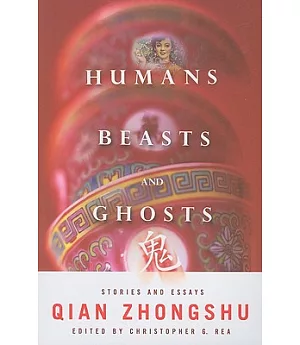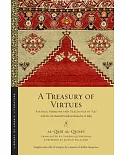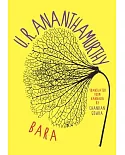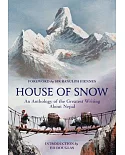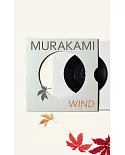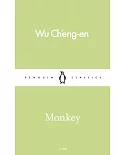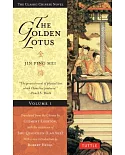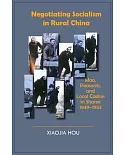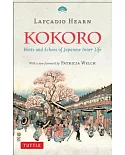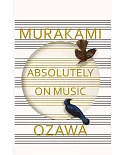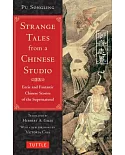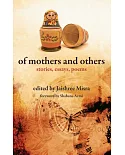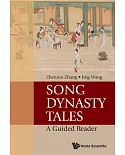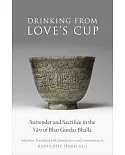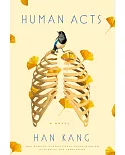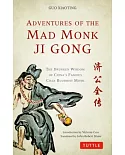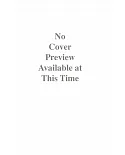"So long as wit and satire, insightfully imagined characterization, and unmatched erudition matter in literature, Qian Zhongshu’s writing will have a place, and this translation of his work is
among the most significant renderings from Chinese."---Ron Egan, University of California, Santa Barbara
Qian Zhongshu was one of twentieth-century China’s most ingenious literary stylists, one whose insights into the ironies and travesties of modern China remain stunningly fresh. Between the
early years of the Second Sino-Japanese War (1937-1945) and the Communist takeover in 1949, Qian wrote a brilliant series of short stories, essays, and a comedic novel that continue to inspire
generations of Chinese readers.
With this long-awaited translation, English-language readers can immerse themselves in the invention and satirical wit of one of the world’s great literary cosmopolitans. This collection brings
together Qian’s best short works, combining his iconoclastic essays on the "book of life" from written in the Margins of Life (1941) with the four masterful short stories of Human, Beast, Ghost
(1946). His essays elucidate substantive issues through deceptively simple subjects---the significance of windows versus doors, for example, or the blind spots of literary critics---and assert
the primacy of critical and creative independence. His stories blur the boundaries between humans, beasts, and ghosts as they struggle through life, death, and resurrection. Christopher G. Rea
situates these works within China’s wartime politics and Qian’s literary vision, highlighting significant changes that Qian Zhongshu made to different editions of his writings and providing
unprecedented insight into the author’s creative process.
Qian Zhongshu (1910-1998), hailed as twentieth-century China’s "foremost man of letters,"is best known for his novel, Fortress Besieged, and his groundbreaking study of the Chinese literary
canon, Limited Views: Essays on Ideas and Letters

